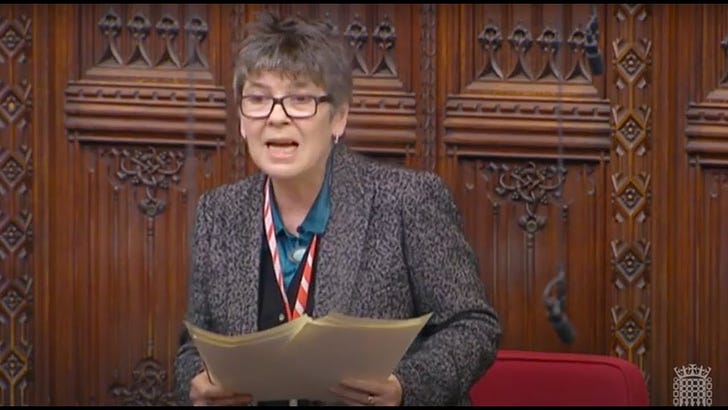Listen to the introductory remarks from this week's Battle of Ideas satellite at the House of St. Barnabas in London
The announcement that the UK population grew last year by half a million – roughly the population of Edinburgh – has provoked much discussion about whether the country will cope with an increasing demand on resources. With half that rise coming from migration rather than births, there have been inevitable calls to impose tougher limitations on who can move to this country, heightening debate around free movement in the context of Britain’s European Union membership and amid a migrant crisis at Calais. For London, the situation is even more pressing, with the population this year breaking its historical peak of 8.6million and expected to rise to 10 million by 2030. With UK national house-building at record low levels – less than 150,000 new homes per year and with soaring rents in the capital and beyond – many are questioning whether the UK can afford an ever-expanding population.
Pro-immigration commentators counter that the UK’s growth is testament to its economic health and that highly skilled migrants are essential to maintaining that strength and support an increasingly ageing population. Yet attempts to introduce Australian-style points system of economic migration have proven to be politically fractious and difficult to enforce. Others suggest that a radical overhaul of Britain’s ailing infrastructure would ensure that a country which has built on less than three per cent of its landscape has ample space. Nonetheless, with a range of major projects ranging from fracking and wind power through to HS2 to Heathrow’s third runway facing considerable local and political opposition, there is plenty of pessimism surrounding future UK capacity. Government plans to build a range of garden cities to ease the burden on the housing sector generate sceptical eye-rolling on all sides.
Should the UK’s continued population growth be a cause for celebration, or seen as a worrying burden on stretched resources? Will governmental plans to decentralise authority on planning and policy lead to a range of national powerhouses to ease the strain on the capital, or will it only encourage greater Nimbyism? Would tearing up Britain’s notoriously restrictive planning regulations liberate the private sector or lead to chaotic, unmanaged development? Does the UK face normal pressures for a nation of its size and development, or are we suffering from a lack of ambition?
SPEAKERS
Tom Chance housing spokesperson, Green Party
Jonn Elledge editor, CityMetric; writer, New Statesman
David Goodhart director, Demos Integration Hub; author, The British Dream: successes and failures of post-war immigration
Phoebe Griffith associate director, migration, integration and communities, IPPR
Alp Mehmet retired diplomat; vice-chairman, Migrationwatch UK
Karl Sharro architect; writer; Middle East commentator; co-author, Manifesto: Towards a New Humanism in Architecture
CHAIR
David Bowden associate director, Institute of Ideas
To find out more about this year’s festival and buy tickets visit the Battle of Ideas website.










